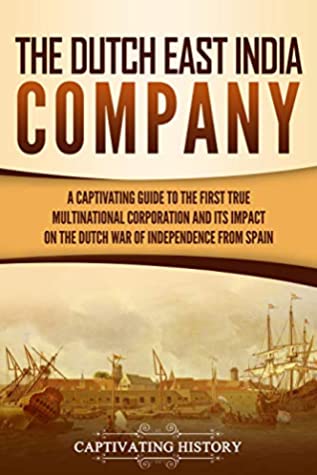

Most ebook files are in PDF format, so you can easily read them using various software such as Foxit Reader or directly on the Google Chrome browser.
Some ebook files are released by publishers in other formats such as .awz, .mobi, .epub, .fb2, etc. You may need to install specific software to read these formats on mobile/PC, such as Calibre.
Please read the tutorial at this link: https://ebookbell.com/faq
We offer FREE conversion to the popular formats you request; however, this may take some time. Therefore, right after payment, please email us, and we will try to provide the service as quickly as possible.
For some exceptional file formats or broken links (if any), please refrain from opening any disputes. Instead, email us first, and we will try to assist within a maximum of 6 hours.
EbookBell Team

4.0
26 reviewsIf you want to discover the captivating history of the Dutch East India Company, then keep reading...
Free History BONUS Inside!
Huge international companies and corporations are a normal part of our everyday lives today. For most, their unimaginable wealth and power, which are rivaling even some of the smaller countries of the world, is something we take for granted. And we see them as the living embodiment of the capitalist system, regardless if we take it as a good or a bad omen. However, this wasn’t always the case. For the majority of history, it was the kings and emperors who wielded the most influence, commanded the largest armies, and had the largest treasures. And all of them would laugh at the idea of some merchants managing to not only catch up to their supremacy and riches but even surpass them. Yet they did. Probably the best example of that kind of success were the traders of the Dutch East India Company of the 16th century.
This company singlehandedly reformed the way businesses functioned, creating the foundation of our modern capitalist world, with all of its strengths and weaknesses. And through its international trade, this corporation brought our world one step closer to the colonialism of the 19th century and the globalization of the 20th century. It even managed to transform itself from a group of merchants to an empire in its own right. By the time of its disbandment in the late 18th century, the world was irreversibly changed.